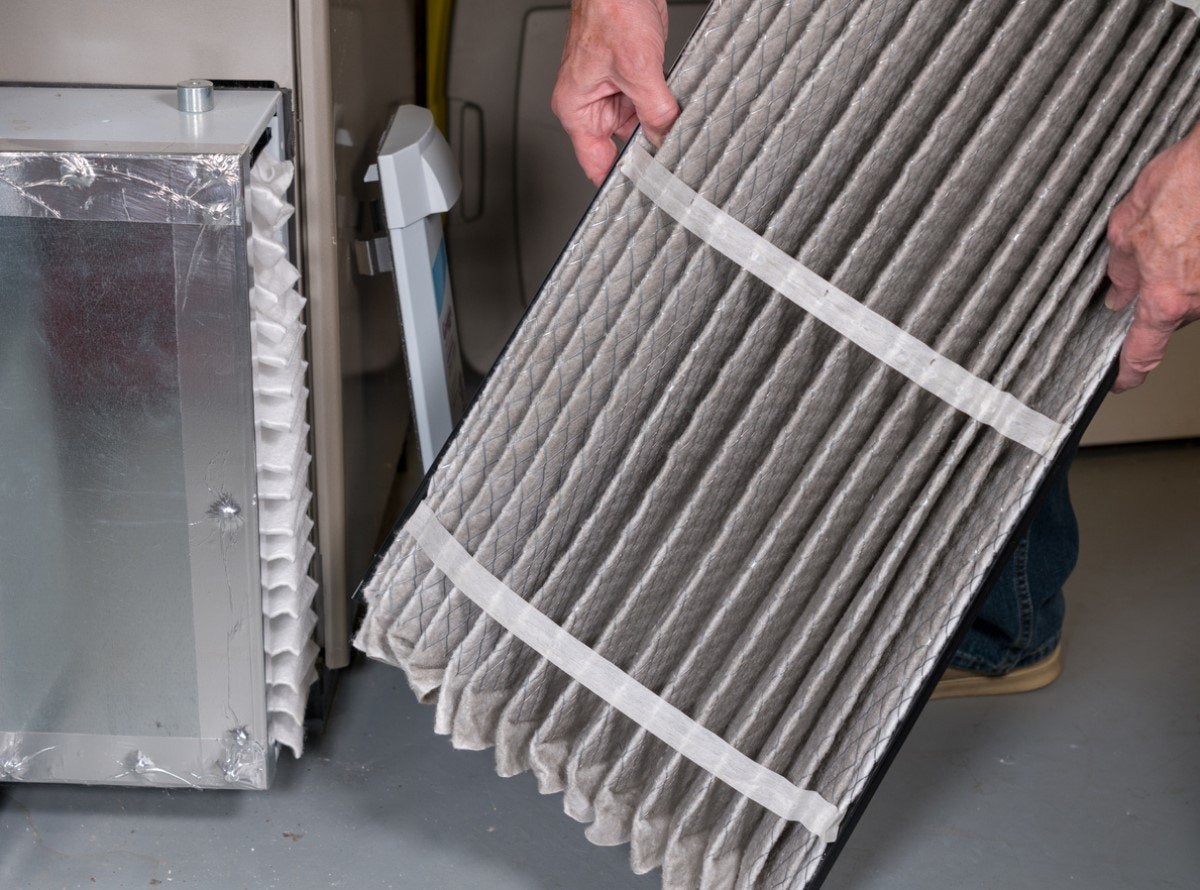Finding the appropriate level of MERV rating for your furnace filter isn’t easy. There are different kinds of filters available, and it can be difficult to choose one that will best suit your requirements. And we’re here to assist you with that.
Before you can learn about the most effective MERV score for a furnace filter you need to understand what MRV stands for.
In this article, custom filters direct team going to explain everything you should learn about MERV rating as well as the most effective rating for the furnace filter.
What is the MERV rating?
The term MERV is a reference to minimum efficiency reporting value that is a rating system developed by the American Society of Heating, Refrigerating and Air Conditioning Engineers ( ASHRAE).
The rating reflects the size of particles that the air filter is made to capture. It ranges from one to 20. The greater the number is, the better the filter’s effectiveness at capturing tiny particles.
| MERV Range | Controlled Contaminants | Air Filter Types |
| 1-4 | Pollen, Dust, Spray Paint, Dust Mites, Sanding Dust, Textile & Carpet Fibers | Disposable Electrostatic |
| 5-8 | Mold Spores, Pet Dander, Hair Spray, Dusting Aids, Fabric Protector, Cement Dust, Pudding Mix | Pleated Filters Cartridge Filters Electrostatic |
| 9-12 | Legionella, Auto Emissions, Lead Dust, Humidifier Dust, Welding Fumes | Pleated Filters Cartridge Filters |
| 13-16 | Bacteria, Droplet Nuclei (Sneeze), Tobacco Smoke, Insecticide Dust | Bag Filters Box Filters |
| 17-20 | Viruses, All Combustion Smoke, Carbon Dust | HEPA Filters Specialized Fil |
What is the Best MERV Rating for a Furnace Filter?
Our suggested MERV ratings for furnaces are 6-8 to provide an ideal balance between top furnace efficiency and comfort for your home.
Choosing the appropriate MERV rating for your furnace‘s filter can have an enormous impact on the quality of indoor air and your HVAC system as well as more importantly the well-being of your family.
The best MERV rating can vary based on factors such as the kind of particles that you are dealing with. So, you need to consider that as well when determining the best MERV rating for your furnace filter.
MERV Filters Ratings and Their Impact on Air Quality
A position paper issued by ASHRAE examined the assertion that particle filtering provides benefits for health. According to the paper, it is well-established that there is a link between higher levels of particles in the air outside and poor health outcomes, so it’s logical to filter the particles from indoor air can result in healthier outcomes for health.
The particle filtration is “modestly effective” against allergy and asthma-related symptoms. The filtration can decrease the number of airborne particles that cause many transmissible illnesses.
This is the reason certain models suggest that it may substantially decrease the portion of disease transmission caused by these small particles.
General Guidelines for the Best MERV Rating to Use for Home
Filters that have a MERV rating of 8-13 are typically more expensive filters designed for home use or commercial filters of high-end quality. These filters are generally suitable for home use and several businesses.
Note: Since filters with higher rates permit less air to circulate into a furnace and it’s an excellent idea to find out whether your furnace has a MERV rating of the maximum. A faulty air filter can cause the furnace to perform more efficiently and increase the chance of it deteriorating.
Which MERV filter is suggested to stop the spread of airborne diseases like COVID-19?
While ASHRAE is not recommending the use of a specific MERV filter rating to prevent COVID-19 transmissions, the organization suggests upgrading systems in non-healthcare facilities to MERV-13, or the highest level that is feasible can be an effective step in the emergency plan of action. Find out more about these guidelines here.
Wrapping Up
The MERV rating reveals the effectiveness of a filter in capturing various dimensions of particles. You need to find out details about the rating and how you can select the most effective option for your home.
While you may believe that an increased number of MERVs indicates a more efficient air filter, this isn’t always the situation. A higher MERV rating isn’t always needed and may reduce your unit’s effectiveness. The most effective MERV rating will be one that is compatible with your requirements and allows your equipment to run smoothly.
